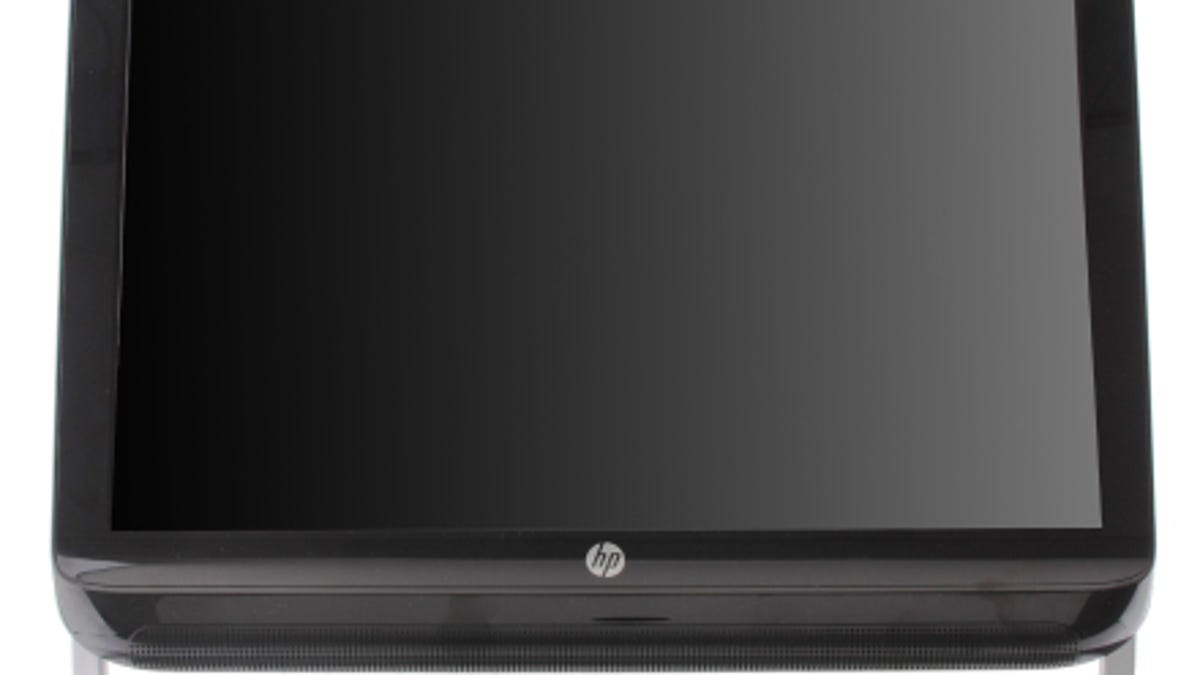HP back in the PC game. Now what?
HP has created a unique opportunity for itself by recommitting to the PC business.

Hewlett Packard reaffirmed its commitment to the computer business yesterday, bringing to a close three months of dramatic upheaval.
Since August, when HP and then-CEO Leo Apotheker outlined a plan to "explore strategic alternatives" for its Personal Systems Group, HP shaved roughly 20 percent off the price of its stock, damaged its supplier relationships, bewildered consumers and analysts, and, ultimately, ousted Apotheker and replaced him with former eBay CEO Meg Whitman.
Now that Whitman-led HP is back on with the PC business, the question remains: exactly how will it define that relationship?
Remember that HP never stopped making computers. The most significant impact to product delivery from the last three months came from rattled component suppliers anxious at the mere suggestion that HP might reduce order volume.
Those suppliers could have taken that anxiety out on component pricing for current and near-future HP orders. Now that HP is in love with with PCs again, it's likely that its suppliers are back in love with HP.
Assuming its partners are once again happy, HP could very easily go back to PC-making as usual. There's no reason it wouldn't keep slicing off incremental market share gains from its competitors, and consumers, investors, and the rest of the tech industry could go on as if the age of Apotheker never happened.
That would be the easy path, but this off-again, on-again has given HP a fresh opportunity to reinvigorate interest in its PC products. The market as a whole, challenged by the tablet onslaught and resignedly anticipating Windows 8, is primed for something interesting to happen. Thanks to recent events, as well as its existing product portfolio, HP is uniquely positioned to deliver that something.
What might that be? Let's look at it another way: if someone asked you to recommend a basic home computer for $500 or less, what would you recommend? You can no longer toss off "just get a Dell." For that price, you can buy a reasonably capable desktop, laptop, or tablet. All of a sudden answering that question requires more nuance, as the overlap between those categories and their core functionality is becoming more and more apparent.
Obviously those categories retain distinctions, but the redundancies are undeniable. All of the devices can get you on the Web, virtually socializing and consuming media. To varying degrees, you can even use them to be productive. The industry is ripe for someone to capitalize on the overlap among devices. The best company for the job might be one with proven hardware manufacturing capability, that also happens to own its own operating system.
Don't groan. iOS, and Android have taught us that we don't have to live in a Windows-centric world. Google also showed us what not to do with its
I'll concede it's unlikely that HP will supplant Windows for WebOS wholesale, but I would also encourage HP to reconsider its earlier plan to mash the two operating systems into coexistence. We know Apple. Microsoft, and even Google all have dreams of a unified mobile and desk-bound computing experience. Aside from Apple (and Moto-Google doesn't count, yet), HP is the only other vendor on that list with an operating system and the relevant hardware manufacturing experience.
Regardless of its operating system and platform plans, HP would at least be wise to remember that the threat of the market leader abandoning its market was disruptive enough that, for a moment, people cared about big, sloppy, commodity PCs again. It could simply return to the status quo and likely suffer no more than the usual level of complaining. In doing so, it will have squandered the opportunity to try something new.

